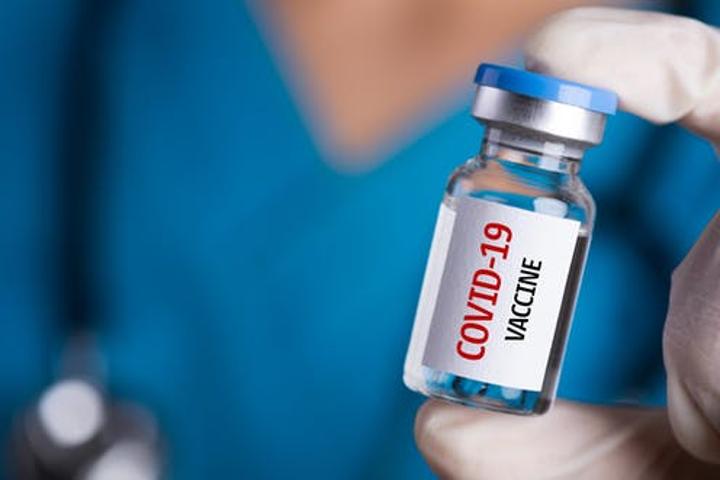Africa-Press – Zimbabwe. Studies have shown that COVID-19 vaccines do not harm fertility, contrary to concerns spread on social media that people who receive the jabs may find it hard to procreate.
According to a new study published Thursday in JAMA, sperm count and quality did not drop in healthy young men after receiving a first or second dose of the Pfizer or Moderna vaccine. Said Dr David Cohen:
We now have evidence that should reassure you that the risk of immunization compromising your sperm count is extremely low.
Cohen, co-medical director of the Institute for Human Reproduction in Chicago, was however not involved in the study.
Cohen was the co-author of a systematic review that found the novel coronavirus is not sexually transmitted.
Allan Pacey, professor of andrology at the University of Sheffield in the UK, who also was not involved in the study, said:
This is reassuring data that suggests that sperm quality is not significantly altered by receiving two doses of one of the new mRNA vaccines for COVID-19.
The study used semen samples from 45 men between the ages of 25 and 31, who were pre-screened to make sure they had no fertility issues.
Samples were taken before the first shot of an mRNA vaccine, then 70 days after the second dose.
Semen was then examined to determine sperm volume, concentration, motility and total sperm count.
Study author Dr Ranjith Ramasamy, director of male reproductive medicine and surgery at the University of Miami Health System, said:
We found no changes in sperm parameters in the young healthy men that we studied who received both doses of mRNA vaccine.
The study did not test the Johnson & Johnson or AstraZeneca vaccines, which are not based on mRNA platforms. But Dr Ramasamy added:
However, we think the mechanism of how these vaccines work is all fairly similar despite different genetic material, so based on biology, we don’t think there should be anything different with the other two vaccines.
Additional larger studies with men of different ages are needed to affirm the study’s results, Pacey said.
While the vaccine had no impact on male sperm in the study, the virus itself could be harmful to the male reproductive tract, according to a small study published in January.
Compared to healthy men without COVID-19, the study found a significant increase in inflammation and oxidative stress in sperm cells belonging to men with COVID-19.
Their sperm concentration, mobility and shape were also negatively impacted by the virus.






